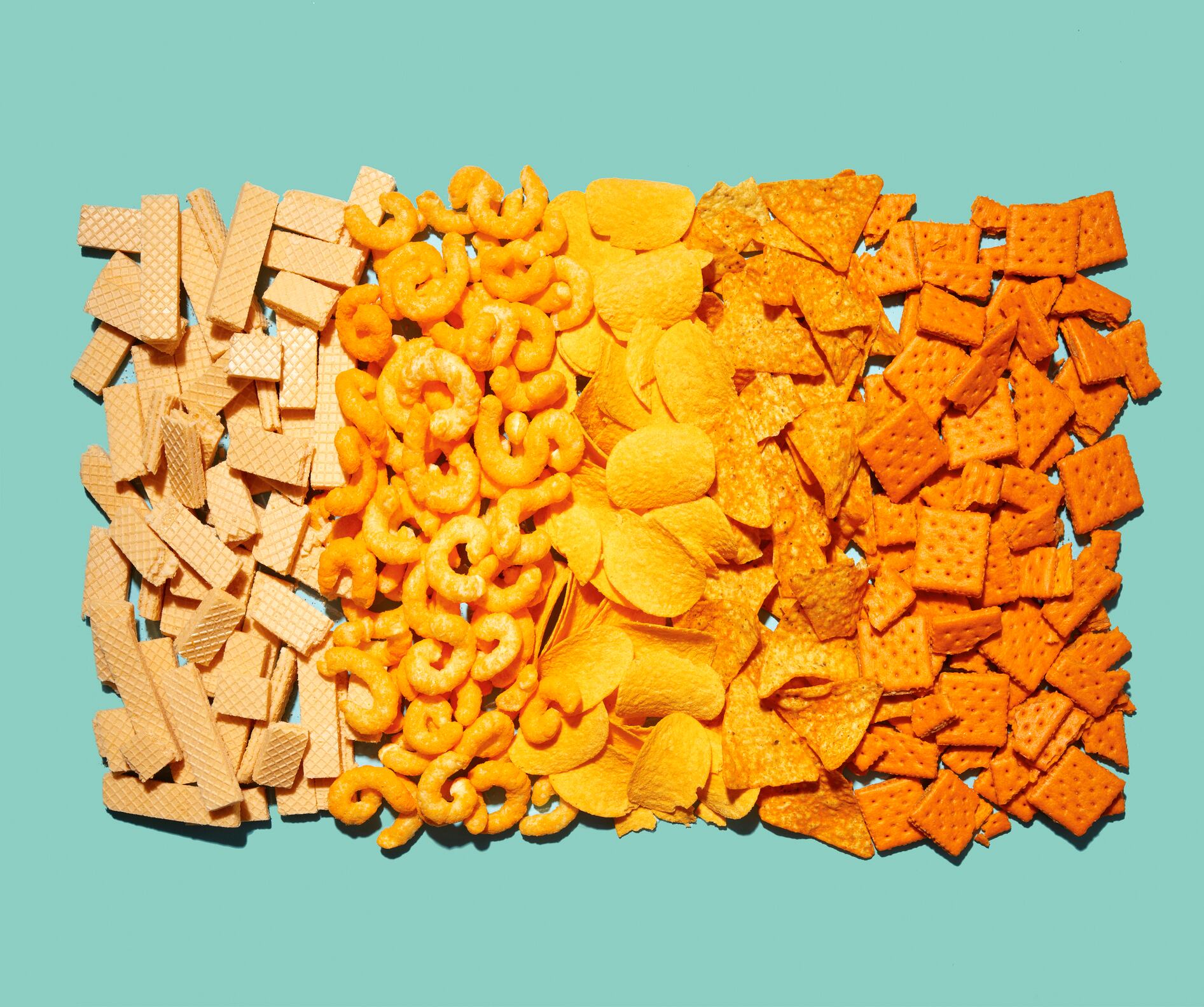The current domination of ultra-processed foods in the headlines is a double-sided coin.
On the one hand, many consumers are highly concerned about the health impacts of such foods, and the World Health Organisation (WHO) has linked them to millions of deaths each year.
On the other, the Nova Classification, which contains the most commonly used definition of UPFs, has come under fire from a range of quarters for focusing more on processing and less on nutrition.
In response, major companies and organisations such as the Novo Nordisk Foundation and Zoe are exploring their own food processing classifications.
Now, according to Rocco Renaldi, general secretary of the International Food and Beverage Alliance (IFBA), key industry players are not focused on reducing UPFs but other ways of improving their products’ health.
UPFs are not central to industry’s efforts on health
IFBA is an industry association focused on improving the nutritional quality of its members’ foods. Members include major companies including Mondelēz International, PepsiCo, Ferrero, and the Coca-Cola Company. It was founded to support the WHO’s efforts to improve public health.
Many of the companies IFBA represents sell a significant amount of products which would fall into category four of the Nova classification, points out Renaldi.
What these companies are doing around nutrition and health is not “strictly speaking” related to the Nova definition of UPFs, he explains.
“There’s not a lot you can do about it, in the sense that no matter what you do to the kind of products in question, they will remain UPFs for the purposes of that definition.”
The WHO is working on a definition
However, the WHO has in the past been highly critical of UPFs.
Nevertheless, it is currently developing a “more operational definition” of processed foods, Renaldi explains.
The idea is to revisit the definition presented by the Nova classification, which is not seen as helpful or “useful to guide policy making.”
IFBA has an “ongoing dialogue” with the WHO, Renaldi says.
What is the Nova Classification?
The Nova Classification, originally posited in 2009 by Carlos Monteiro from the University of São Paulo, is a food processing classification. It puts foods into four categories - minimally processed foods, proessed culinary ingredients, processed foods and ultra-processed foods. This final stage includes industrially processed foods such as pizzas, cakes, biscuits and some sliced breads, among many others.
Responding to HFSS
While not prioritising UPFs, IFBA’s members are instead focusing on HFSS, Renaldi explains.
IFBA has set policy commitments for its companies. These include projects focusing on salt reduction, with benchmarks for 2025 and 2030, and industrial trans-fat elimination, which has been completed (according to IFBA, industrially produced trans-fats have been eliminated from 98.8% of members’ products).
It is also working on a minimum global standard for nutrition labelling, as well as a responsible marketing policy to limit marketing to children.
There is “scope for reformulation and innovation,” Renaldi explains, in products such as pizza, ready meals, and breakfast cereals. In such products, the industry is aiming to remove salt, sugar and fat, and add “positive nutrition”. This is “an ongoing journey without an endgame”.
However, there are some products that are “less amenable to formulation changes”, such as cake, chocolate or ice cream, explains Renaldi,. These products, he says, are “almost inevitably HFSS”.
In these products, IFBA’s members are instead aiming to reduce portion sizes.


